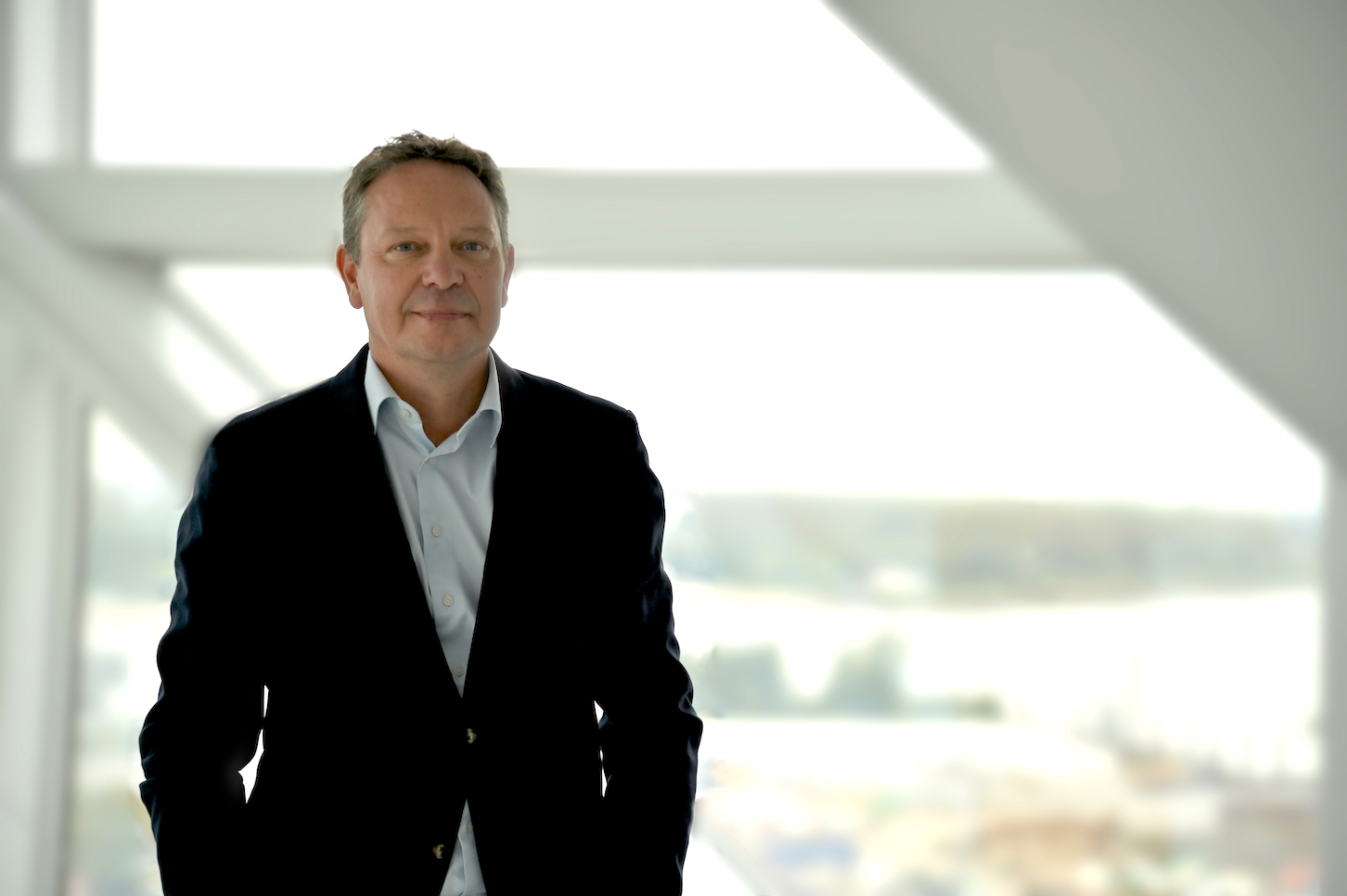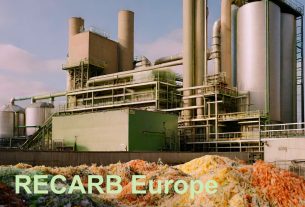Belgium – How can we prevent the de-industrialization of Europe? Energy and raw material prices are uncertain, but Europe can address its complex regulations. Closer collaboration between large industrial clusters, especially in Northwest Europe, can also have a reinforcing effect. “The urgency is bigger than ever,” emphasizes CCO Tom Hautekiet of Port of Antwerp-Bruges.
Tom Hautekiet will speak on December 7th at the opening of the European Industry and Energy Summit 2023 in Antwerp.
The European chemical industry is struggling. Inland industrial clusters appear to be affected. Various factories are halted, and some are even closing. Yet, high energy and raw material prices are taking a toll on the industry in the ports.
And there’s more to it, says CCO Tom Hautekiet of Port of Antwerp-Bruges. He believes that the maze of regulations in Europe presents additional challenges, especially for the chemical industry. “The chemical industry, unlike for example the cement industry, is globally organized. Head offices are constantly calculating where to best invest.”
Not per acre
Hautekiet points out that the ambiguity and fragmentation of European policy and regulations often push significant investment decisions in the wrong direction. He cites the situation of Project One of Ineos as an example. The major investment in the construction of a large ethane cracker in the Antwerp port is at least delayed due to a revoked construction permit last summer. Hautekiet states, “If you view permit processes on too small a scale, you invariably inhibit greening efforts.” In Ineos’s case, opportunities to reduce CO2 emissions conflict with rules for local nitrogen compound emissions. Hautekiet emphasizes, “The Ineos ethane cracker will be state-of-the-art. Perhaps not 100% sustainable yet, but a significant step in the right direction for the European industry. It reduces a lot of polluting CO2 emissions. We need to look at this not per acre but on a European scale.”
Terrible combination
The CCO of Port of Antwerp-Bruges sees another threat to the European industry: the current massive investment wave in the United States. Last year, the US Senate approved the Inflation Reduction Act, the largest investment in climate measures in US history. With $700 billion involved, about half is for environmental and climate measures, providing a huge boost to the chemical industry’s transition. Hautekiet says, “The US industry is very capital expenditure-driven. With such significant government support, the urge to invest only increases. The European industry is more sales-driven.”

Tom Hautekiet: ‘The urgency is bigger than ever.’
Due to this difference in attitude, the European industry might end up playing catch-up. Hautekiet believes that there’s a high chance that Europe will soon be flooded with chemical products from America. “With rising tensions between America and China, American products are expected to head even more towards Europe. This might not immediately be bad for logistics in the Antwerp port, but for the European industry, this is a terrible combination of developments.”
Economic cooperation
Of course, a port company also has tools to enhance the competitiveness of factories in its area, such as improving facilities and infrastructure in the port and anticipating future developments. Here too, a European focus seems vital. Closer collaboration between significant industrial clusters, especially in Northwest Europe, can be strengthening. “The urgency is bigger than ever,” Hautekiet also emphasizes. When discussing mutual infrastructure, such as the development of the much-discussed Delta Rhine Corridor, the approach of different clusters becomes increasingly critical. Hautekiet ponders, “Are we going to compete or collaborate more? On various issues, we already cooperate with the Port of Rotterdam, for instance, in safety. These are mainly non-competitive topics. But when it comes to economic cooperation, we’re not there yet.”





